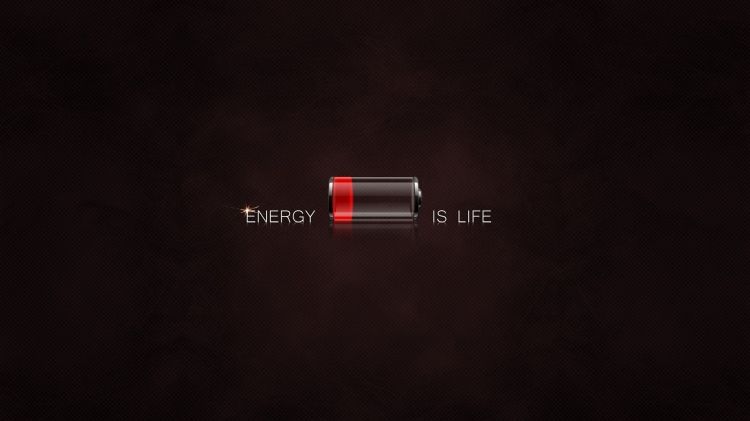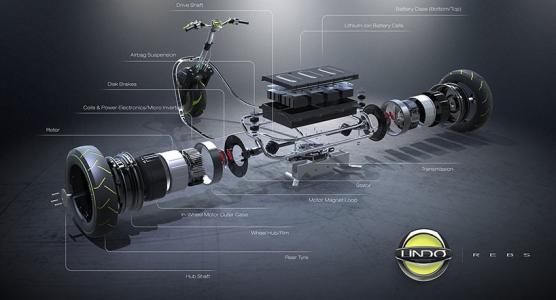Lithium Battery Safety Document for International Air Shipment
Jun 24, 2019 Pageview:1732
Lithium-Ion Battery which is commonly known as a lithium cell as well, is getting popular day by day in the modern world. There are more than four to five devices which can be charged by the lithium batteries. From our cell phones to iPad from our MacBook to our Tesla car, the lithium battery is your power source.
The question is what specifically makes these Lithium-ion batteries so compatible with electronic devices and why are they different from other batteries?
The answer is the Lithium batteries can be recharged, unlike the other batteries available in the market and used in different electronic devices. The Lithium battery has a higher power output and that the fact they can charge complex electronic devices more efficiently than AAA or other batteries.
When it comes to shipping the Lithium Battery, it is declared a dangerous thing world because of its highly flammable nature and the devices enact with lithium batteries have a certain safety condition because they have the potential to overheat and explode. Further, a fire occurred by Lithium Battery cannot be extinguished. This brings a horror to carry or ship it via cargo aircraft and it could possibly create a big mess.
Lithium Battery Safety Document 2019
This document mainly interprets the provisions and set of rules in the Edition 2019-2020 of the ICAO Technical Instruction for the Safe transportation of dangerous goods by the cargo airplane. The rules and regulations are for transportation goods which lithium-battery can also be found in the guidelines of IATA Lithium-Battery Shipping Guidelines (LBSG) 6th Edition. Further, the related content from the DGR, the LBSG has certain classifications which can be shown by flowcharts, documentation, and detailed packing examples for Lithium batteries.
Lithium-Ion battery simply refers to the kind of battery with different chemical characteristics, including several types of cathodes, and electrolytes. They can be separated into Lithium-metal batteries due to the purpose of DGR. Those are generally not-rechargeable batteries with lithium metal or lithium compounds as Anode. The use of Lithium-metal batteries can be found in power devices like watches, radios, cameras, calculators and so on.
However, Lithium-ion batteries are the second type of battery which is rechargeable and has Lithium in ionic form to react with an electrolyte. Further, the Lithium-Ion batteries are Lithium polymer batteries which commonly use to power the rechargeable electrical devices like laptops, phones, tablets, and power tools, etc.
Can we ship Lithium batteries internationally ?
It is indeed possible to ship the Lithium-Ion batteries internationally however, customer and shipment companies must have to take care of certain safety conditions in this regard. There are rules about shipping Lithium batteries made by international organizations which need to be followed in any case.
It is very important to consider the legislation about the safe shipment of Lithium-Batteries.
Lithium Batteries which are packed individually and can be sent for example loose batteries and/or Power bank. Lithium batteries are packed separately but are shipped together with a device in the same box or place. For example a cellular phone with a replaceable lithium battery. Lithium batteries are inside a chemical device which has potential to burn. For instance, A tablet with an installed Lithium battery cannot be removed or replaced by the user.
To refrain the risks of the explosion of Lithium batteries and to guarantee of the safety of air freight the regulations of IATA strictly applied while shipment the Lithium battery internationally. It is important to know that the sender is legally responsible for the safe transportation of the Lithium batteries and the other goods containing Lithium batteries following the compliance with the IATA regulations.
Batteries which are installed inside a device like a smartphone and or a tablet are permitted to ship internationally however the shipment may contain up to two packages; each containing up to 4 calls or 3 batteries in the device. The restrictions for two packages per shipment are in effect from January 2017. But the loose batteries, extra batteries, and power banks are not permitted to avoid any issues and problems regarding the safety measures of Lithium battery which were set by IATA regulations.
lithium battery shipment procedures
One can ship Lithium batteries as mentioned above but it is important to adopt strict safety guidelines because of the dangerous and explosive nature of Lithium-battery. The first and foremost restriction is Lithium batteries must remain inside the device in which they are used. lithium batteries cannot be shipped separately unless one has packed that battery with the modified courier arrangements. In each packet, you can shipment the maximum of the two Lithium batteries or four battery cells. As it is known that Lithium batteries are highly vulnerable and explosive, all attempts to refrain Lithium batteries from overheating. All those devices shipping from one place to another must be shut off and make sure that any accidental switch on mode is prevented. This prevention can be made by using electrical tape or sometimes by cardboard.
Another important aspect is never placing your Lithium batteries near metal objects. Following the IATA regulations regarding packing, one should be cautious and place electrical tape on every electrical terminal to stop overheating. With this, putting the devices which are being shipped in a plastic bag is another compulsion. This can save from any static interference and serve as an extra layer of protection against the possible outbreak of a fire. Although, one can send Lithium battery via courier but do not attempt this if you're aware of the fact that the battery contains any sort of fault in it. This is considered a crime and you can be punished by paying a hefty amount of fine.
Shipping Lithium batteries internationally is possible but keep in mind that different countries have different regulations and other specific requirements regarding the shipment of Lithium-Batteries that needs to be meet with their criteria. Contacting customer services for more details is always a recommendation.
- Prev Article: How Long 18650 Batteries Last?
- Next Article: Do Lithium-Ion Batteries Have Memory?
Leave Message
Hottest Categories
-
Hottest Industry News
-
Latest Industry News













